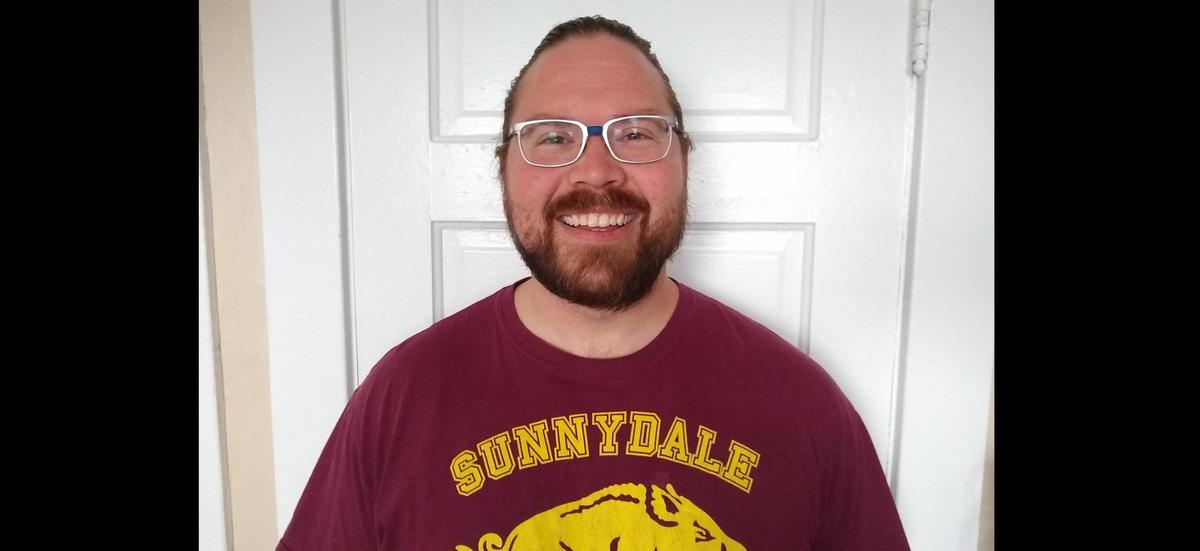How did you get involved with being an election judge?
In 2020, I heard that there was a shortage of election judges across the country, and I wanted to help. I had thought of being an election judge before, partly because I have a grandmother who was a judge for many elections, and because it felt like a very direct way I could feel like I was contributing to our democracy.
What do you think students should know about this role?
First, don’t be intimidated by the title “election judge.” While it is a big responsibility, the city offers training materials, and the people I’ve worked with have all been very understanding and helpful. Everyone working really wants to be there and are often excited that someone new wants to join. Many of the workers have done this for many elections, and all workers will do anything they can to make sure you are comfortable in your role. It is a whole day, but there are five or six different stations you will cycle through, and you can bring a book for the slow times. To me, it is important now more than ever to have a lot of people working at the polls, so that more people understand that poll workers are just people from the community doing their best to ensure rules are followed. Also, you do get paid.
As a social studies teacher, what do you hope to teach your future students about elections?
I hope to teach my students that elections are the easiest way to make a big impact on the world and especially your community. Also, it is fairly simple and people in the community work hard to make sure anyone who wants to vote and is able to vote can vote.
Why do you think it's important to vote?
It’s important that people realize that elections are more than just the top-line, national races. There are many other races that often do come down to just a few votes that can have huge ramifications for people going forward. In many ways, local elections have far more impact on individuals than national or even state elections.
What is a key piece of information you want to share with people who can vote?
In my experience, the people working polls don’t want to turn anyone away and they will do everything they can to make sure that if you are eligible to vote, you will. Also, even if you feel your vote means nothing on a national level, there are a lot of local races that can have a huge impact on you and your community, and one vote can have a much greater impact.
